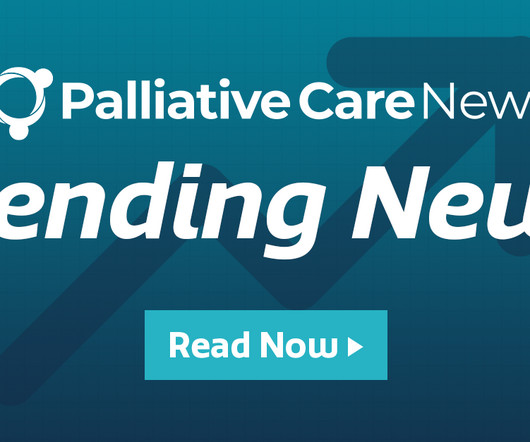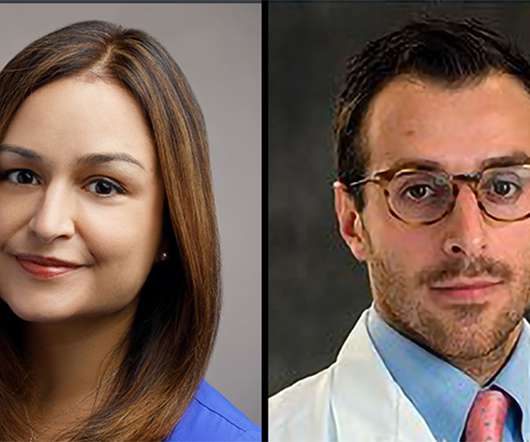Key Palliative Care Trends to Watch in 2024
Hospice News
JANUARY 29, 2024
of the country’s total population, according to a 2015 report by the U.S. Fee-for-service Medicare, for example, only covers physician and licensed independent practitioner services and does not cover the full range of interdisciplinary palliative care. Census Bureau. But they do represent a glimmer of hope.












Let's personalize your content